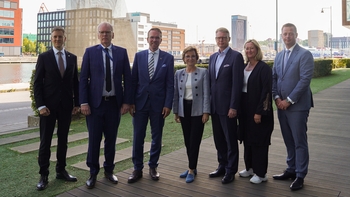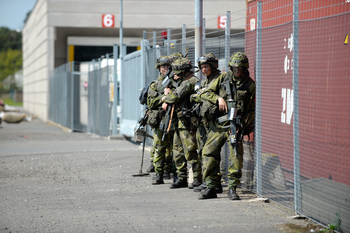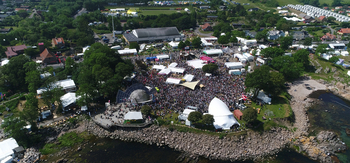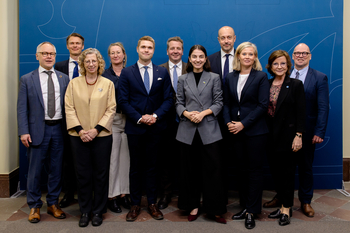Continued Nordic support for Russian-language media in the Baltic countries
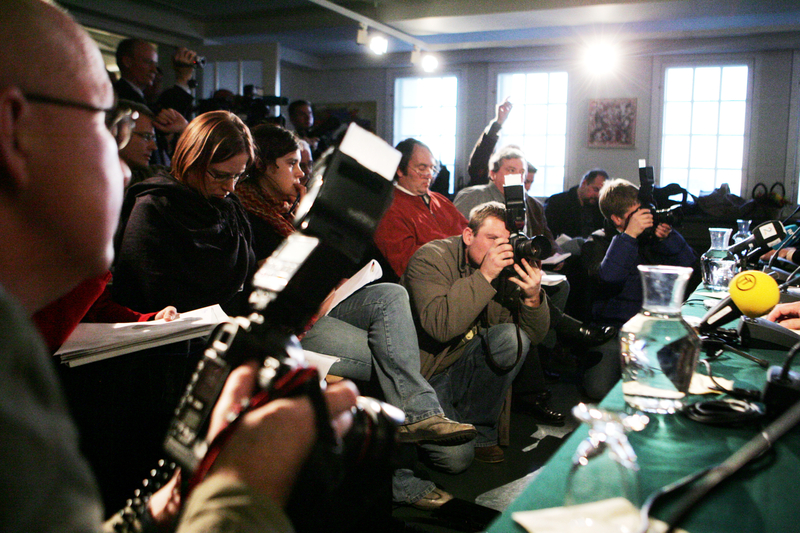
The purpose of the funding programme is to improve the social inclusion and influence of the Russian-speaking minority. The programme focuses on media production that touches on the day-to-day life of the Russian-speaking population in the three Baltic countries. In this way, the objective is to improve the ability of minority media to be a relevant complement to the Russian media, which is dominant among the Russian-speaking population of the Baltic countries. All three Baltic countries have a significant Russian-speaking minority. In addition, Lithuania has a sizeable Polish minority. Since the Baltic countries became independent, the range of media in their minority languages has been limited, giving the politically-controlled Russian media a strong position.
The Nordic countries believe it is extremely important to support democratisation efforts in the Baltic countries.In 2015 the Nordic Council of Ministers launched a three-year co-operation programme aimed at supporting local Russian-language media production in the three Baltic countries. The programme was very positively received in the Baltic political and media spheres, and is now continuing into its second phase.
“The Nordic countries believe it is extremely important to support democratisation efforts in the Baltic countries through the continued support of minority media,” says the Secretary General of the Nordic Council of Ministers Dagfinn Høybråten.
The programme is administered by the Nordic Council of Ministers’ office in Lithuania. The offices in Latvia and Lithuania, as well as local media experts, will help to select beneficiaries. Funding will be allocated on the basis of applications.
A total of DKK 1,980,000 has been set aside for the programme.
